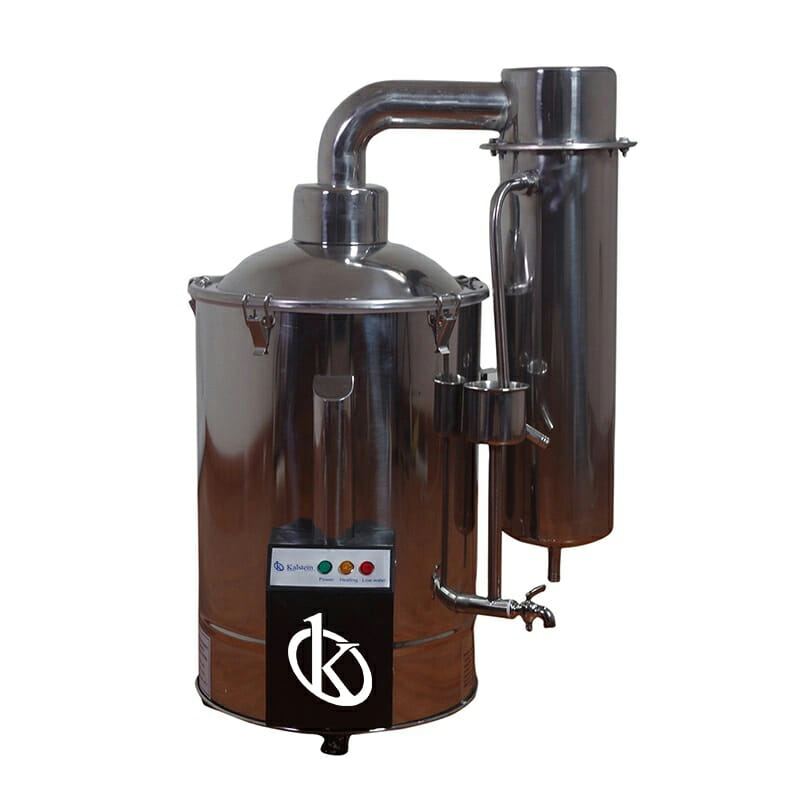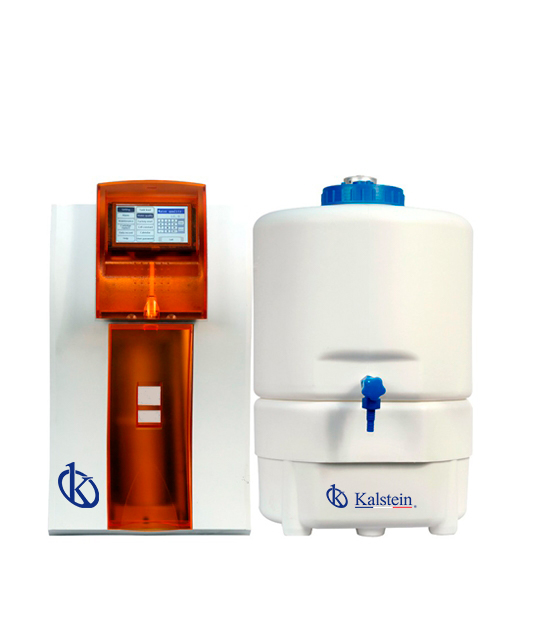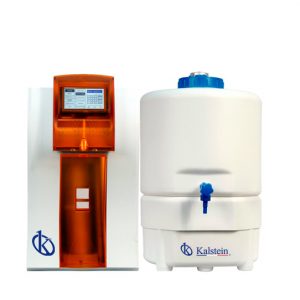Advantages of water purification system in the laboratory
The repeatability and accuracy of a laboratory’s analytical results depends on the reliability of the pure water it uses. Water purity requirements vary depending on the equipment being used or the analysis being performed. This means that, for each experiment, the purity and conductivity of the water must be rigorously taken care of. The water provided by municipal water services is generally not suitable for carrying out experiments or analyzes carried out in the laboratory, either for research or for clinical diagnosis. This type of water usually contains microorganisms, dissolved gases, ions, organic and inorganic compounds, and particles.
Use of water distillers for cosmiatry

Cosmiatry is a discipline oriented to the cosmetic care of the skin, both healthy and sick. In addition to improving the appearance of the skin, it can correct different dermatological problems that lead to cosmetic disorders. These include acne, scars, sun spots, metabolic diseases and medications. In addition, it participates in the development and formulation of top quality cosmetic products.
How many laboratory water purification systems are there?

The importance of having quality water in laboratories, focuses on the usefulness and need that purified water represents to wash the glass material, in addition to feeding systems that produce ultrapure water; obtaining quality water is the main concern of laboratory users to carry out accurate experiments and optimal and efficient research; so water purification systems play a very important role; and we must be aware of the variety of systems that exist, their advantages and disadvantages.
Reverse osmosis: Recommendations and care
Reverse osmosis is a technology for water purification, where a semi-permeable membrane is used to remove minerals and ions from the water, and remove larger particles from the water.
What do we use water purifiers for in a laboratory?
Pure water in laboratories is more than a necessity, it is considered an essential element, which is why the purification of water in laboratories is considered a fundamental process, and this is achieved through specialized equipment called a water purifier.
Processes for water purification
At present there are several equipment for the treatment and filtration of water. The choice of the most suitable one depends on the user’s need, since each one will leave the water adequate for different uses and processes.
What is an ultra water purifier?

It is a laboratory water ultra-purification equipment. This device is structured by cutting-edge technologies for water purification, in accordance with internationally required specifications. This equipment is intended to obtain water of the highest quality for use in laboratories, food industries, pharmaceuticals and in any other place where it is necessary to use pure treated water.
What is a water purifier?
A water purifier is an equipment or device that removes (eliminates) the impurities present in the water, consider that, for the most part, this dirt is invisible to the human eye. In other words, we can say that water purifiers aim to eliminate impurities and organic and inorganic elements such as germs, bacteria and metals.
